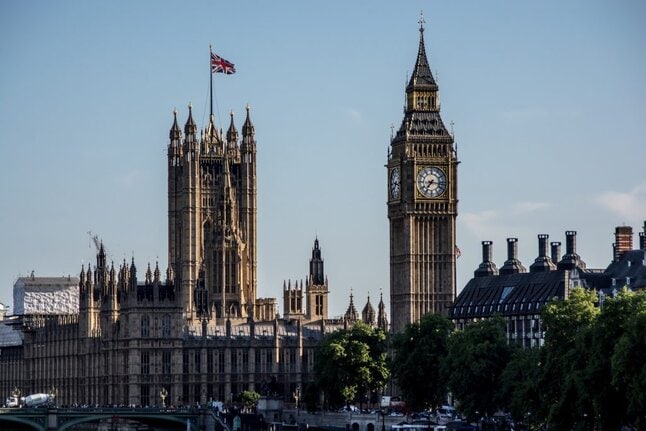The UK government has announced that it plans to create a new UK internal market law that will limit the ability of Scotland and Wales to adopt higher environmental standards. This has been labeled ‘a full-scale assault on devolution’ by Nicola Sturgeon, First Minister of Scotland and leader of the Scottish National Party, making this a ‘constitutional crisis’.

The internal market bill, expected in autumn this year, would set in stone the principle of mutual recognition which means that the ‘rules governing the production and sale of goods and services in one part of the UK are recognised as being as good as the rules in any other part of the UK, and they should therefore present no barrier to the flow of goods and services’ (UK Internal Market White Paper). The devolved nations – Scotland and Wales – would be obliged to accept products and services with lower standards, if those standards were in place in England.
This is substantially different from the ‘Common Frameworks’ approach established after the Brexit referendum, when the UK government and its devolved nations started working together to set standards in key areas of devolved competence, including environment, food and chemicals. To date, there has been slow progress on the Common Frameworks.
‘The British government is in essence rejecting a consensual, bottom-up approach of handling internal market differences in favour of top-down legislation’, an expert stated in the Financial Times.
This reinforces the picture of a UK government determined to get rid of all controls that could interfere with its deregulation plans.
Institute for Government on devolution after Brexit
UK government on Common Frameworks
Institute for Government on Common Frameworks and internal market bill
UK Internal Market White Paper
Financial Times on the internal market bill and UK government collision with devolved administrations